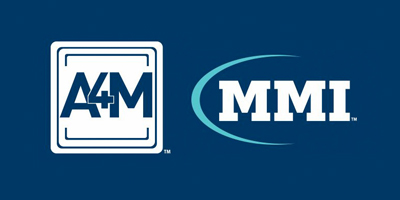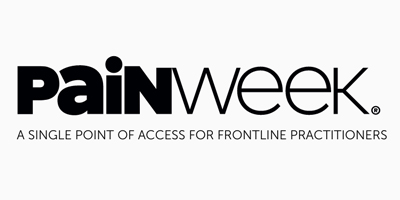For the first time in history, the 2020-2025 USDA Dietary Guidelines provide recommendations for all life stages, including infants and toddlers.
This guide is intended to help pediatric healthcare practitioners have conversations with their patients and provide tips for establishing smart, lifelong habits for babies when it can matter most — at the start.
Aim to breastfeed until your baby is ready to eat, ideally until around 4-6 months
- Although breastmilk is considered the best food for your growing baby, babies will still need a daily vitamin D supplement beginning soon after birth.
- If breastfeeding is not possible, infants should be fed an iron fortified infant formula.
HELPFUL TIP: Parents can easily find vitamin D drops at any grocery store or online. Look for brands with 400 IU of vitamin D3 per drop.
Feed allergenic foods early and often
- When parents introduce foods at 4-6 months, introduce allergenic foods such as peanuts, egg, cow milk products, tree nuts, wheat, shellfish, fish, and soy.
- Waiting to introduce allergenic foods may increase the risk of your baby developing a food allergy to that particular food, so don’t delay.
HELPFUL TIP: It’s important that, once allergenic foods are introduced, they stay in the baby’s every day diet. Parents can buy products that are a blend of these foods to make daily feeding easy. Make sure to look for products that cover a wide range of allergens, especially difficult to feed foods like shellfish or fish.
Diet diversity is critical
- This is the time to expose your infant to many different foods. A baby may need to try a new food a number of times before they accept it – don’t be discouraged.
- For breastfed infants: Make sure foods are rich in nutrients, such as iron (e.g., meats and seafood) and Zinc (e.g., meats, beans, zinc fortified infant cereals).
HELPFUL TIP: Be encouraged to feed babies a diversity of nutrient dense foods in infant safe formats in their first year of life; however, make sure to stay away from honey, unpasteurized foods and beverages, and limit foods with added sodium and sugars.
Make every bite count
- Infants consume small quantities of foods, so it’s important to make sure that parents are really paying attention to what they feed their babies.
- Portion sizes are helpful to ensure adequate nutrient intake but all babies are different. Listen to your baby’s cues of being hungry and satisfied. Let them be your guide on how much they should eat.
HELPFUL TIP: More information on establishing healthy eating patterns in infants are available from: Special Supplemental Nutrition Program for Women, Infants, and Children (WIC), Child and Adult Care Food Program (CACFP), Supplemental Nutrition Assistance Program (SNAP).
Pay attention to beverages
- In general, infants should not consume beverages outside of human milk, formula and small amounts of water.
- Cow milk or any plant based beverages should not be offered as a drink in the first year of life.
- Fruit juice should not be fed, even 100% fruit juice.
HELPFUL TIP: Parents often wonder whether infants need to drink water. In fact, breastmilk or formula should provide the hydration a baby needs in the first 6 months of life! Half a cup to one cup of water may be given when babies are starting to eat solids. In order to facilitate transition from a bottle to cup or breast feeding to a cup, it is advisable to offer milk (formula/breast milk) and water randomly from a cup to the infant – that way, infants learn that cups are not only meant for drinking water.












